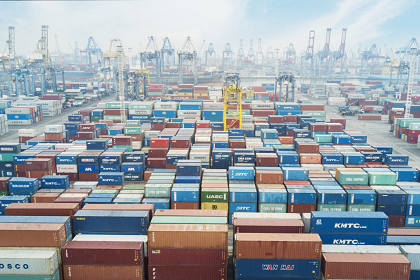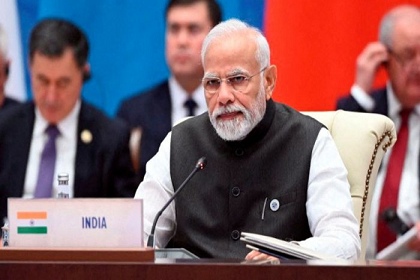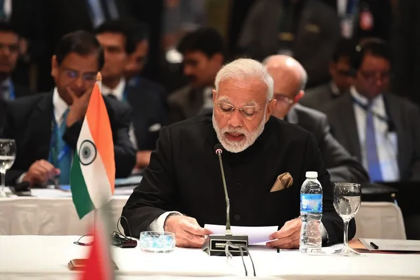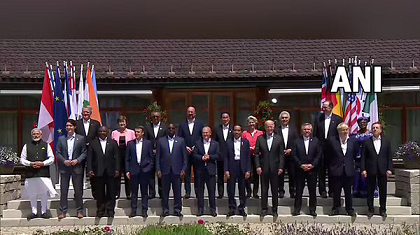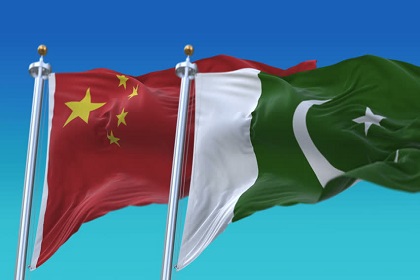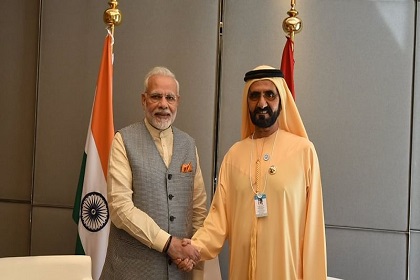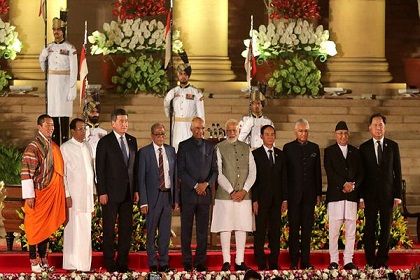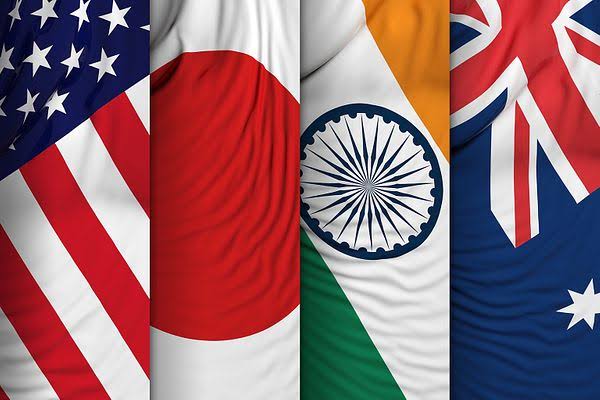At Valdai, Putin’s vision of emerging world order
The reference to India by Russian President Vladimir Putin at the Valdai Discussion Club may be interpreted as encouragement to New Delhi to use its good offices to nudge the warring sides to the negotiating table. Mediation is a big power game, and this may be the right time for India, at the cusp of the G20 Presidency, to start with a record of success


